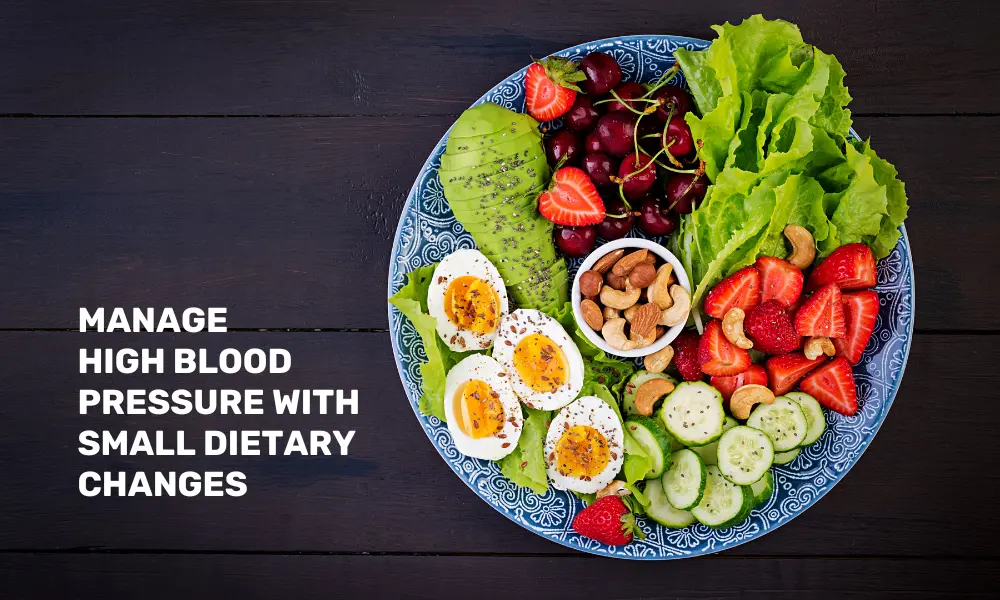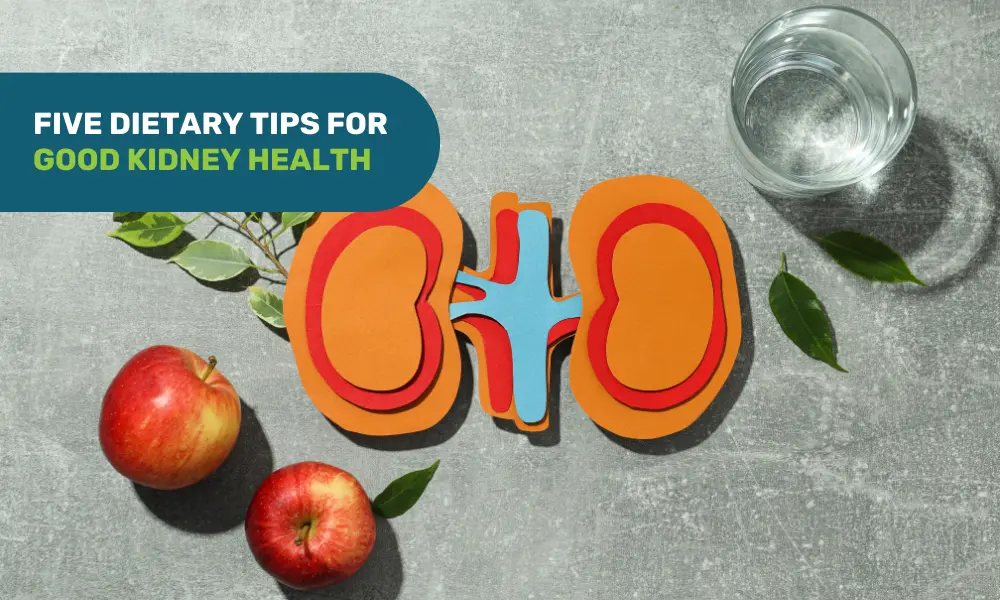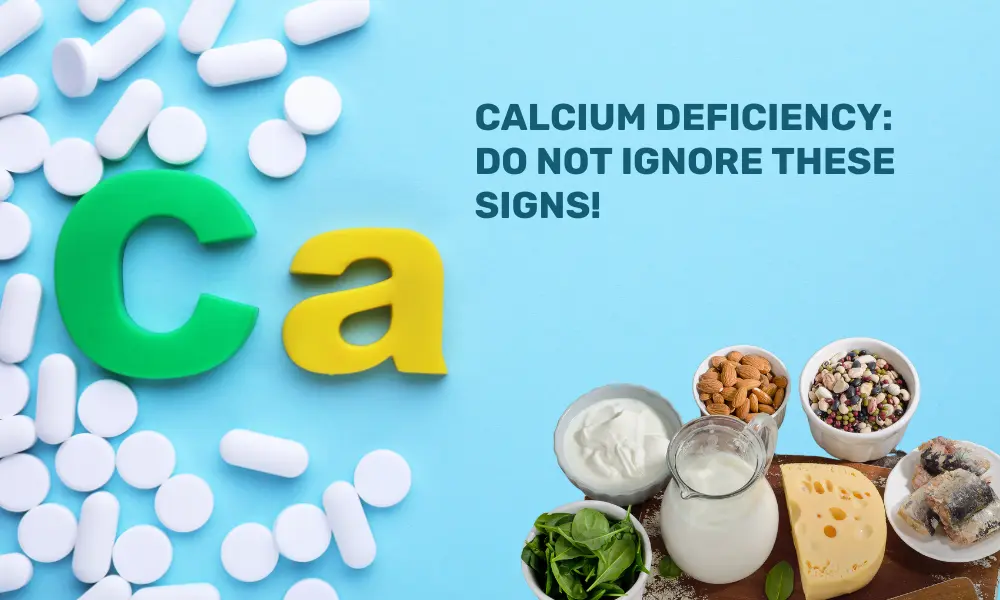High blood pressure, or hypertension, is one of the most prevalent lifestyle diseases in the world. It is frequently referred to as a “silent killer” since it silently damages the heart, kidneys, brain, and eyes over a long period of time. Fortunately, modest dietary modifications can control and even lower blood pressure quite well.
Our in-house expert, Dt. Aparna Pandey, MSC-Nutrition and Dietetics, shares why diet is important to manage high blood pressure and what changes can help one to manage this condition.
Why Diet Matters for People with High Blood Pressure
When we eat excess salt, saturated fats, and processed foods, it raises the amount of blood flowing in our body, exerting pressure on the walls of arteries. Conversely, potassium, magnesium, fibre, and antioxidant-rich foods relax blood vessels, keep fluid levels in check, and enhance circulation.
Complications of High Blood Pressure
-
High blood pressure generally damages the arteries that supply blood to the heart, thereby increasing the risk of a heart attack.
-
The heart muscle can thicken and weaken due to the strain of pumping against high pressure, leading to heart failure.
-
Damage to arteries that supply blood to the brain can trigger a stroke.
-
Hypertension can lead to irregular heartbeats (arrhythmias), increasing the risk of stroke and heart failure.
-
Damaged blood vessels in the kidneys can impact their ability to function, aptly filtering the waste and fluids from the blood, leading to kidney disease or failure.
Easy Dietary Changes to Control Blood Pressure
Here are some expert suggestions to bring about in our diet. Aparna suggests to bring about small yet powerful changes to our diet so that the blood pressure is managed and health complications are reduced.
Less Salt Consumption (Sodium Limitation)
-
Ideal intake: Less than 5g salt/day (approximately one teaspoon).
-
Why: It keeps water, raising blood pressure.
-
Sources: Steer clear of packaged, canned, and processed foods.
-
You may add spice, lemon, and herbs for taste.
-
Always read food packets for “sodium” content.
Boost Potassium-Rich Foods
-
Why: Potassium counteracts the effects of sodium and relaxes tension in blood vessels.
-
Sources: Bananas, oranges, amla, coconut water, sweet potatoes, spinach, beans, rajma, and moong dal
Select Whole Grains Over Refined Grains
-
Why: Whole grains such as oats, daliya, brown rice, and millets give fibre and reduce LDL cholesterol, thereby managing the risk of high blood pressure.
-
Sources: Vegetable oats upma or bajra roti with sabzi.
Restrict Saturated Fats and Trans Fats
-
Why: Saturated and trans fats raise cholesterol and make blood vessels hard.
-
Sources: Use mustard oil, groundnut oil, or olive oil in moderation.
-
Reduce having fried snacks, bakery products, and margarine.
Increase Fruits and Vegetables
-
Why: Packed with vitamins, minerals, antioxidants, and fibre, they reduce inflammation and promote healthy arteries.
-
Sources: Papaya, guava, pomegranate, lauki, tinda, bhindi, karela, and leafy greens
Incorporate Healthy Fats (Omega-3s)
-
Why: Omega-3 is known to reduce blood pressure by inhibiting inflammation and enhancing heart health.
-
Sources: Flaxseeds, chia seeds, walnuts, fatty fish such as salmon or sardines (if non-veg)
Reduce Added Sugars
-
Why: Sugary foods and drinks lead to weight gain and insulin resistance, both associated with elevated BP.
-
Sources: Have fresh fruits instead of fruit juices or desserts.
Keep Yourself Hydrated
-
Enough water maintains a healthy blood volume.
-
Add unsweetened herbal teas such as hibiscus tea (also proven in studies to reduce BP naturally).
Other Lifestyle Advice Along with Nutrition
-
Maintain a healthy body weight
-
Regular exercise (at least 30 minutes/day)
-
Restrict alcohol intake
-
Stop smoking
-
Engage in stress-reducing practices (Yoga, meditation, slow breathing)
In a Nutshell
You do not have to take drastic steps to manage hypertension. Gradual and constant changes in your daily meals will eventually aid your blood pressure management. Consult a trained nutritionist to personalize your diet plan based on your requirements, particularly if you have other medical conditions such as diabetes or kidney disease. Remember: “Small steps today can prevent big health problems tomorrow.”
Disclaimer: This article is meant for informational purposes only and must not be considered a substitute for professional advice.





